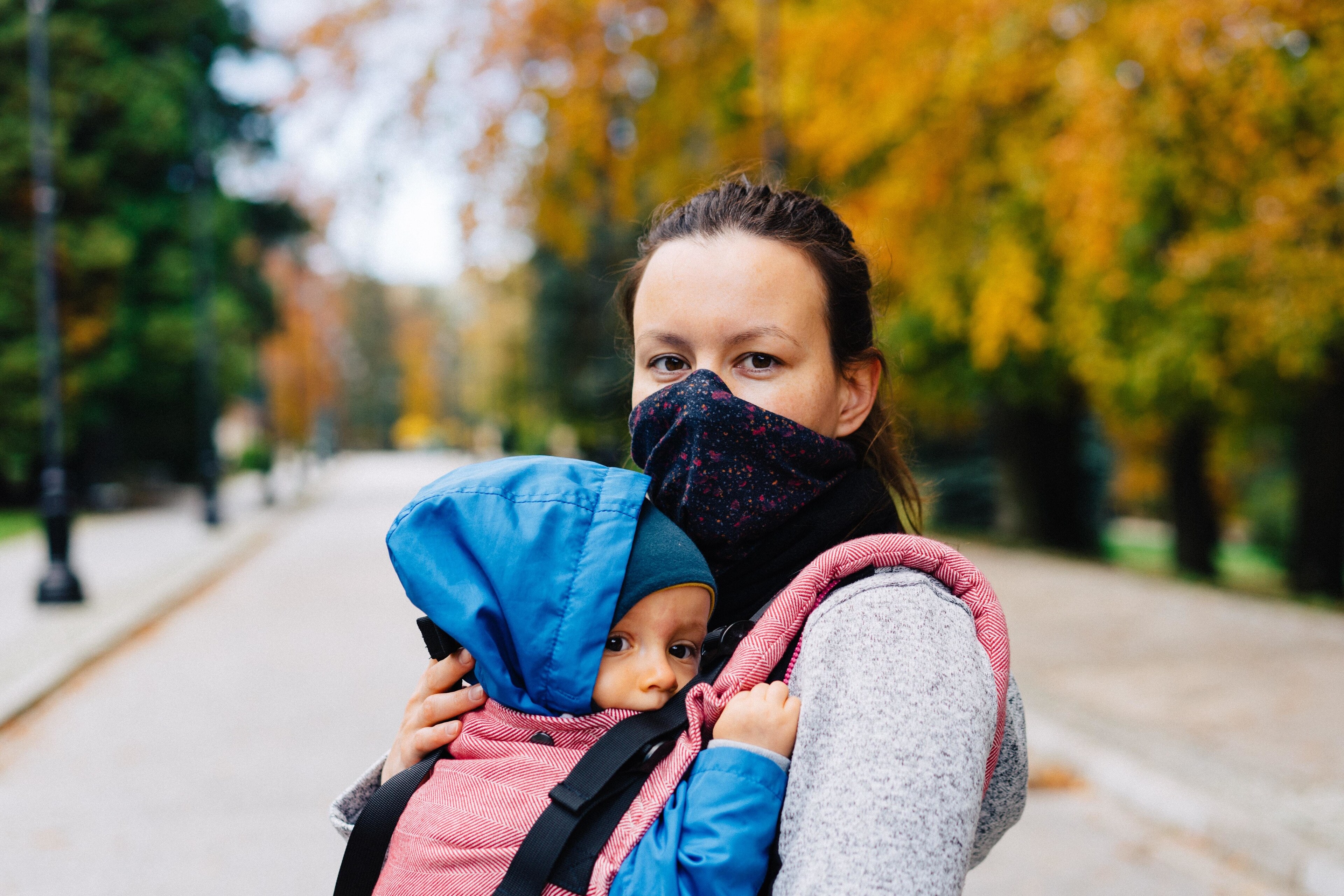How the pandemic has affected mental health in America

COVID-19 has sparked a range of mental health issues in the US. Image: Unsplash/Annie Spratt
- Worries about infection, job security and childcare are impacting people's mental health.
- 55% of women and 38% of men say the pandemic has negatively affected their mental health.
- 31% of black adults, 25% of Hispanic adults and 23% of while adults also report a major impact.
Women and younger adults in the United States are most likely to report that their mental health has been negatively affected by the pandemic, according to a new study by the Kaiser Family Foundation.

Nearly 7 in 10 – 69% – of women aged 18 to 29 report a negative impact on their mental health, finds the KFF COVID-19 Vaccine Monitor. Worries about getting infected, job security and childcare were among the biggest concerns.
More than half – 54% – of young men aged 18 to 29 also reported negative mental health impacts.
The Kaiser Family Foundation, a non-profit organization specialising in health policy research, conducted the survey in March 2021 amongst more than 1,800 adults aged 18 and over living in the United States.
“Stress and worry about contracting the virus, coupled with job losses, loss of childcare, as well as the devastating loss of loved ones due to COVID-19 are just a few ways in which the pandemic may be having an effect on mental health,” say Audrey Kearney, Liz Hamel and Mollyann Brodie from the KFF survey team.

Major impact
Thirty-one percent of all 18-29 year olds and 29% of mothers said the pandemic had had a major impact on their mental health, compared to 25% of adults overall.
Almost a third of Black adults (31%) a quarter of Hispanic adults (25%) and 23% of white adults also report a major impact.
More than half of women overall (55%) say the pandemic has negatively impacted their mental health, compared to about four in ten men (38%) who report the same.
Three people in ten know someone close to them who has died of COVID-19.
“Access to providers and affordability appear to be the biggest barriers for those who felt they needed mental health care because of the pandemic, but did not receive them,” the KFF team concludes.
Protecting your mental health
The Centers for Disease Control and Prevention has published advice on protecting your mental health during the pandemic, where lockdowns and isolation have led to increased levels of stress and anxiety.
It suggests a daily routine of exercise and breaks from home working and schooling. There’s also advice to stay connected to friends and family and to seek professional help if negative feelings become overwhelming.
New normal?
In a separate survey for the World Economic Forum by market research company, Ipsos, an average of 45% of adults globally say their mental and emotional health has worsened since the beginning of the pandemic about a year ago.
This is three times the proportion of adults who say it has improved (16%)
In 11 countries, at least half report a decline in their emotional and mental health with Turkey (61%), Chile (56%), and Hungary (56%) showing the largest proportions.
Across the 30 countries and markets surveyed, almost 60% of people expect a return to pre-COVID normal within the next 12 months. Six per cent of people think this is already the case, while 10% think it will take more than three years.
More than 21,000 adults under the age of 75 were surveyed between February and March 2021.
Don't miss any update on this topic
Create a free account and access your personalized content collection with our latest publications and analyses.
License and Republishing
World Economic Forum articles may be republished in accordance with the Creative Commons Attribution-NonCommercial-NoDerivatives 4.0 International Public License, and in accordance with our Terms of Use.
The views expressed in this article are those of the author alone and not the World Economic Forum.
Stay up to date:
Pandemic Preparedness and Response
Related topics:
Forum Stories newsletter
Bringing you weekly curated insights and analysis on the global issues that matter.
More on Health and Healthcare SystemsSee all
Mansoor Al Mansoori and Noura Al Ghaithi
November 14, 2025







